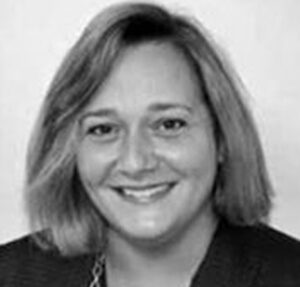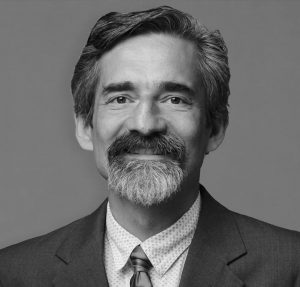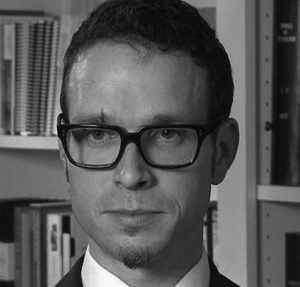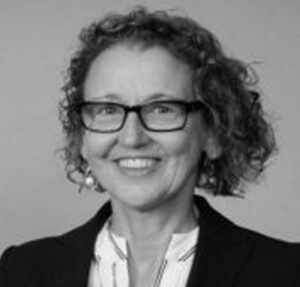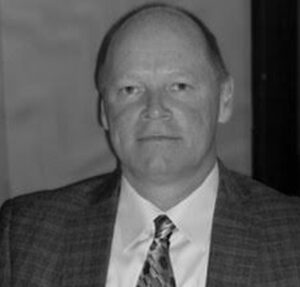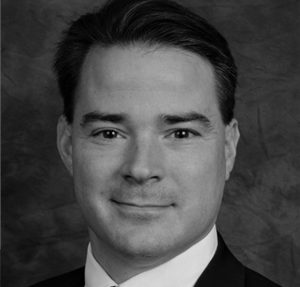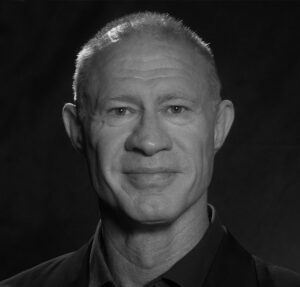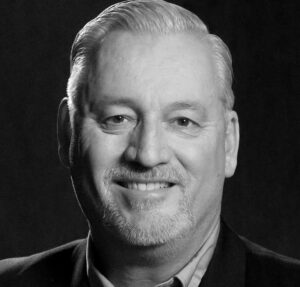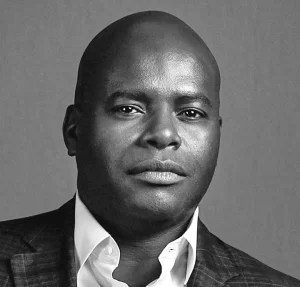Salt Lake City, UT, Oct. 29, 2018 (GLOBE NEWSWIRE) — Alzamend Neuro™, Inc. (Alzamend™ or the “Company”) announced today that it secured two new licenses from the University of South Florida (“USF”) that, together, comprise the basis for a therapy targeted to treat agitation in those who are diagnosed with Alzheimer’s disease (AD). The therapy, named LiProSal™, combines lithium, proline and salicylate leveraging cocrystal technology to deliver relief to patients with AD and possibly other forms of dementia. The cocrystal technology enables a greater bioavailability from the therapeutic lithium while potentially reducing side effects to patients. Lithium has long been a popular treatment for neuropsychiatric disorders, yet has been plagued by poor bioavailability and adverse effects. LiProSal™ was created by a dedicated team of researchers led by Dr. Doug Shytle in the Center of Excellence for Aging and Brain Repair in the Department of Neurosurgery and Brain Repair and Dr. Jun Tan, PhD, M.D., Robert A. Silver Endowed Chair, in the Department of Psychiatry and Behavioral Neurosciences, USF Morsani College of Medicine. In the U.S., Alzheimer’s disease is the most prevalent form of dementia estimated at over 5.7 million adults today.
“We are very excited about executing the two license agreements with the University of South Florida for LiProSal™. We look forward to bringing this ionic cocrystal based oral therapy to patients that have long suffered with the effects of AD. There are no profound treatments today for Alzheimer’s. With LiProSal™, we are very hopeful that we can change that,” said Milton “Todd” Ault, III, the Founder and Chairman of Alzamend Neuro, Inc. Mr. Ault continued, “Our consulting firm, TAMM Net, Inc. led by Art Spalding, will be providing the Company with a detailed timeline and development plan for completing and filing both the Pre-IND and IND with the FDA and launching clinical trials. Our underlying goal is to get a treatment or cure for Alzheimer’s to market at a reasonable cost as quickly as possible. Far too many suffer daily, patients and caretakers alike, from the burden created by the nation’s 6th leading cause of death and ‘most feared disease’.”
